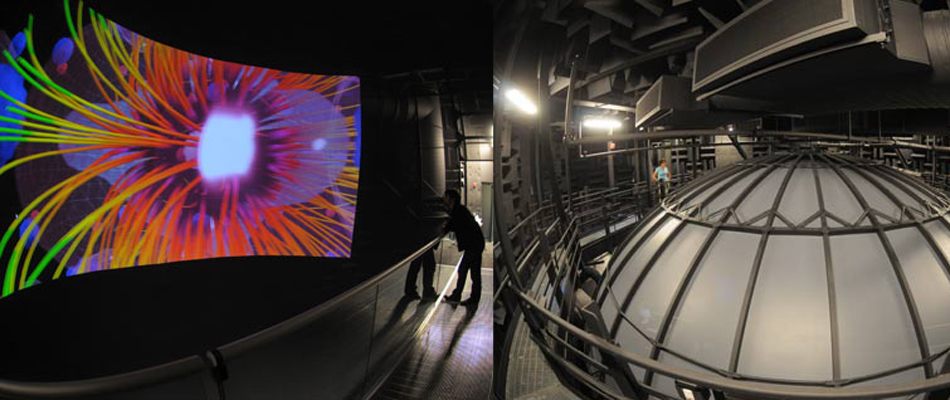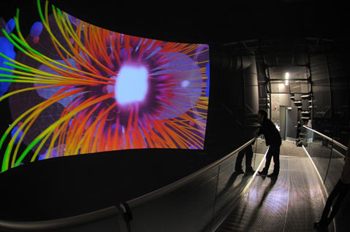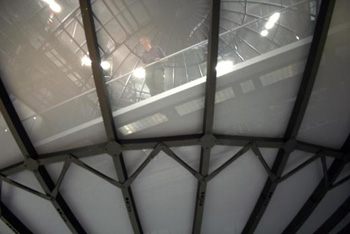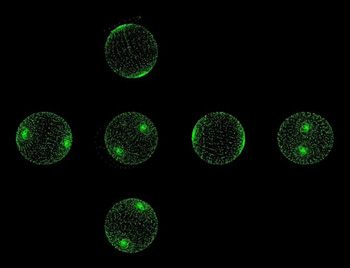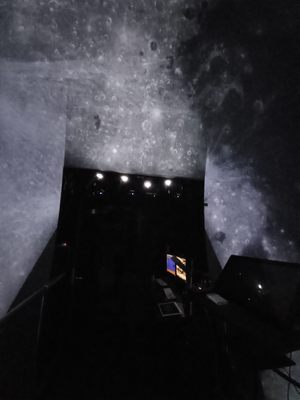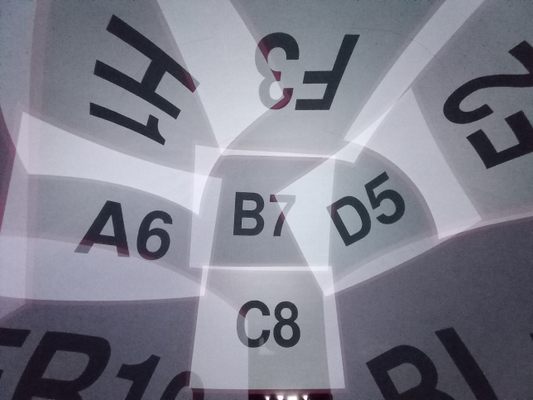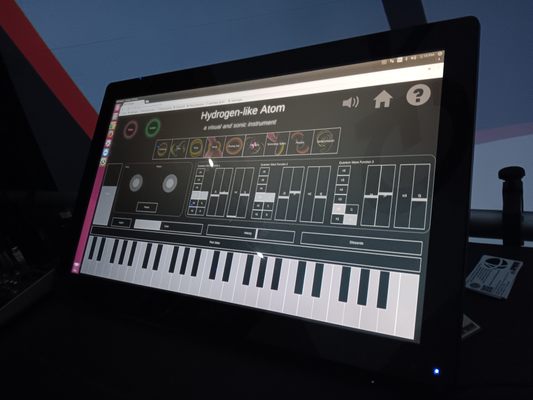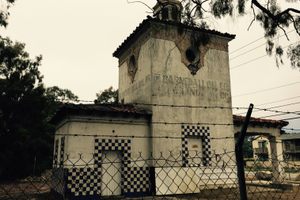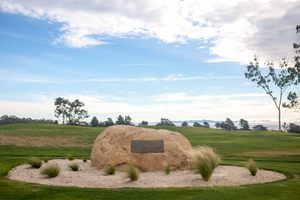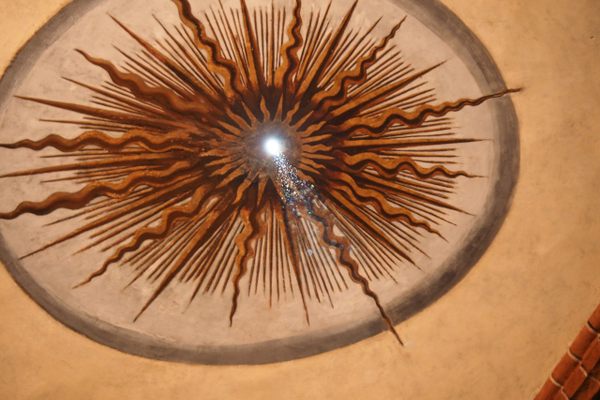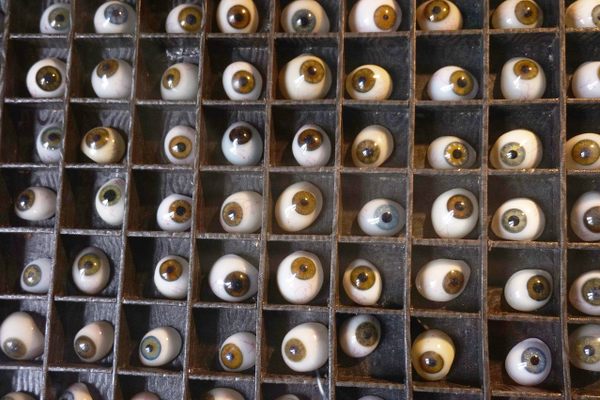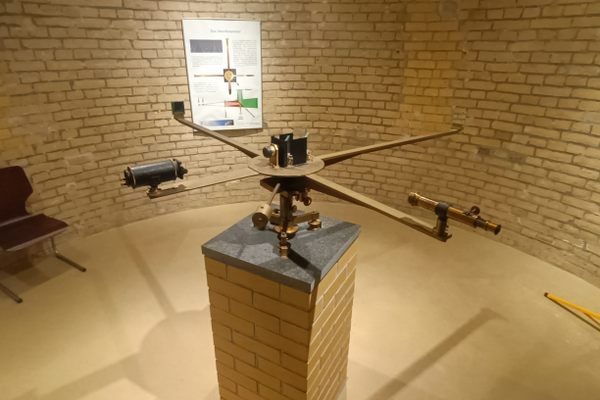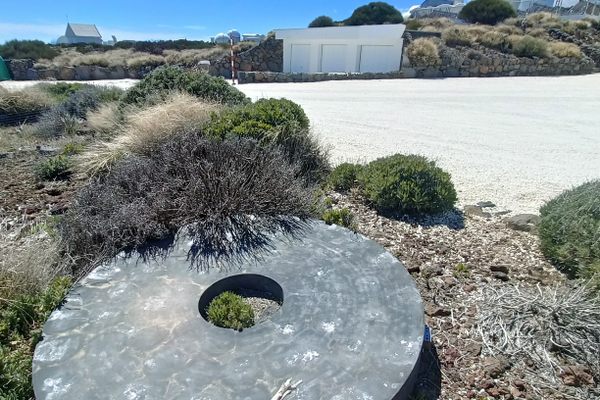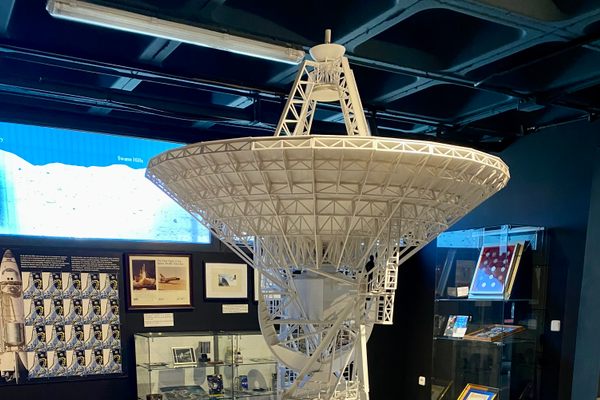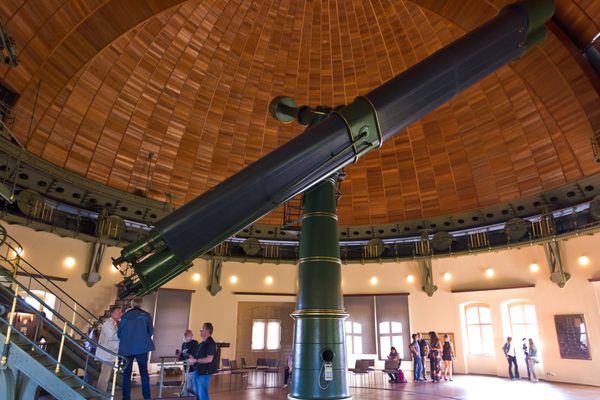About
The AlloSphere is a one-of-a-kind scientific instrument that bridges the worlds of engineering, science and art.
Created by Professor JoAnn Kuchera-Morin and architect Robert Venturi in 2007, the AlloSphere allows researchers to come face-to-face with their scientific data, thus providing an entirely new way to see, hear and interpret information.
Located in the 62,000 square-foot "California Nanosystems Institute" building at the University of California Santa Barbara, the AlloSphere is essentially a giant digital microscope hooked up to a supercomputer. Here, researchers can walk onto a bridge in the center of a "virtual reality chamber" and watch their scientific data come to life.
Using mathematical and scientific formulas, raw data is mapped out and converted into three-dimensional experiences. Electrons appear as fluorescent green orbs; hydrogen bonds are white triangles fused with purple zinc blobs and technicolor electron flow. Better yet, each element is also assigned to a particular note and sound, creating a symphony of sorts as researchers explore the terrain.
For instance, an MRI scan of a brain can turn into an otherworldly experience. Scientists are "shrunken" down to the size of their data, as 360-degree 3-D projections of the brain are displayed and musical notes are affixed to certain blood density levels. As the scientists "move" throughout the brain, the projected images correspond in real-time, and the musical notes (and therefore blood density levels) change accordingly.
Physically, the AlloSphere is comprised of two opaque aluminum hemispheres that serve as 360-degree screens, each with a radius of 16 feet. Though there are approximately 500 independent speakers and subwoofers in the chamber, the AlloSphere's sound-absorbing insulation makes it one of the largest anechoic chambers in the world. Improvements are made every day, and by the end of 2010, the structure is expected to maintain a visual resolution of 24 million pixels. Additionally, there will be a 512-channel sound system that will make it seem like a "bird is flying around your head."
Though the AlloSphere may encompass all the equipment necessary for an entertainment center, Professor Kuchera-Morin is confident in its ability to facilitate groundbreaking scientific discoveries. Her hope is that the fully immersive experience will lead to noticing new and different patterns in data, and to further fill the gap between art and science.
Related Tags
Know Before You Go
The Allosphere is on the UCSB campus. To make reservations, contact: Carole M. Self, allosphere-info@mat.ucsb.edu, (805) 893-3010
Community Contributors
Added By
Published
November 5, 2009

